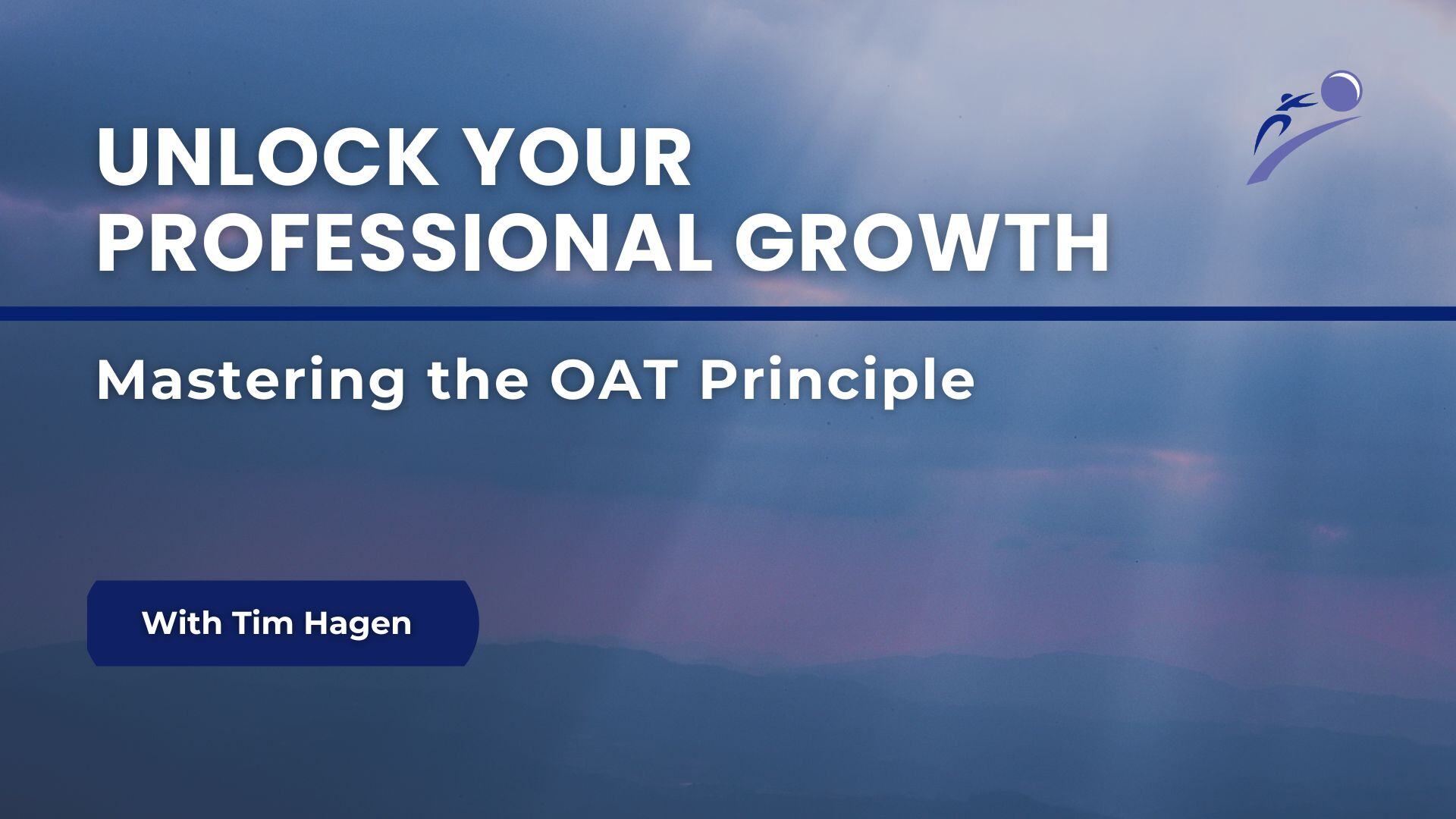
You’re late for work.
You spilled your coffee.
There’s construction causing a traffic jam.
We all have bad days, but we are supposed to be able to leave our problems at the door. However, most of us have trouble doing this, and it can severely affect our work. Who wants to deal with angry customers when you just had to deal with an angry spouse or kids? No one, but bringing those problems into the office is not going to help anyone. So, how do we drop our problems to help others with theirs?
1.Be aware of your stress and your emotions.
If you are aware of them, then you can focus on controlling your interactions when you are dealing with customers.
2.Visualize a good day and believe it.
If you think positive, then your attitude will become positive.
3. "Customer service is not a department, it's an attitude."
Constantly remind yourself that you are at work to serve your customers. If you treat them well and keep them happy then they can only have a positive effect on your attitude.
As a manager, you can enforce any sort of customer service training that teaches employees how to handle their own emotions during the work day. remember that customer relationship management is extremely important to the overall success of a company. So, don't let your bad day become a great day for your competition.
Click here to sign up for our "Coaching for Attitude Development" webinar.




